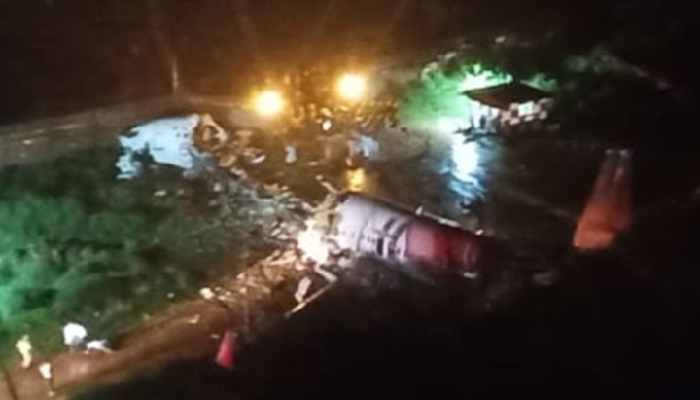Lucknow, Jan 12: In a shocking incident the acquaintances of an accused in a murder case allegedly chopped off the tongue of a man, who was an eye witness in a matter, in Uttar Pradesh's Faizabad district, to prevent him from deposing in the court.
The victim was admitted to the district hospital. One of the culprits has been arrested.
According to the police sources, four people caught hold of the eye witness Janak Raj Singh, while he was watering his field near his village, on Thursday evening and chopped off a portion of his tongue with a sharp edged weapon.
Singh, who was bleeding profusely, managed to reach his home at Palia Pratap Shah village after the incident and was rushed to the district hospital by his family members, the police said.
Singh, according to the police, was an eye witness in the murder of one Jitendra Tiwari near the village around a year back. The case was currently pending in the district court.
Singh's wife Sanju Devi said that her husband had earlier been warned against deposing in the case but he had ignored the threat.
''Now we will see how you (Singh) depose in the court,'', the attackers told Singh, his wife said.
Police said that one of the attackers, identified as Ram Padarath, has been arrested and a hunt had been launched to nab the other three.






Comments
If the Govt. in the hand of terrorist group; automatically there is no law and order in that place.
Specially Modi and his chelaas.
Add new comment